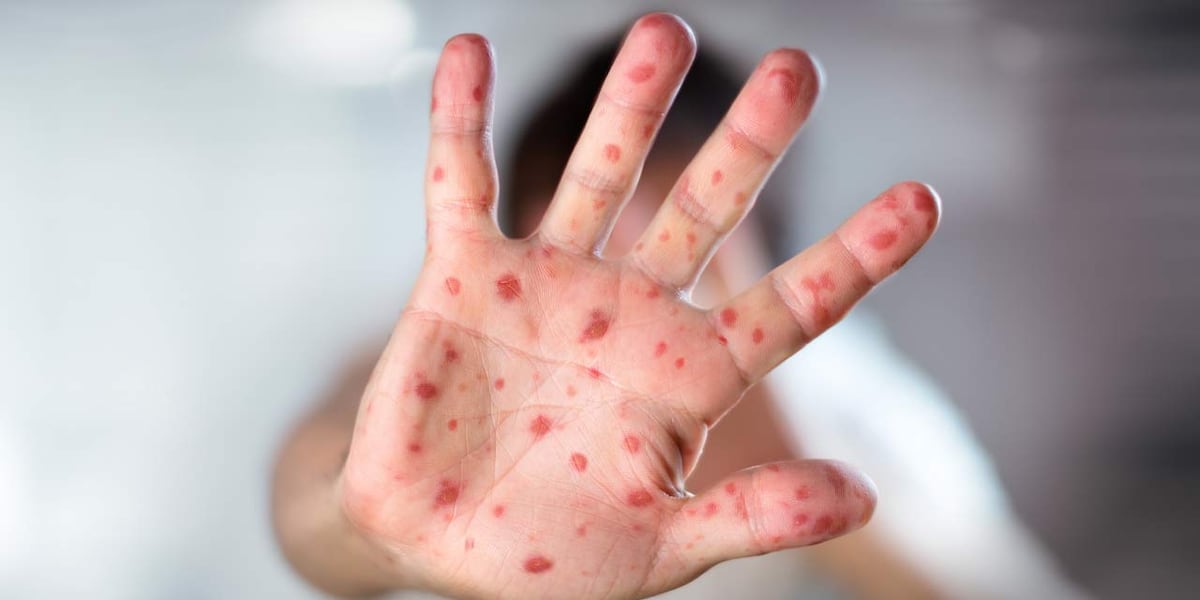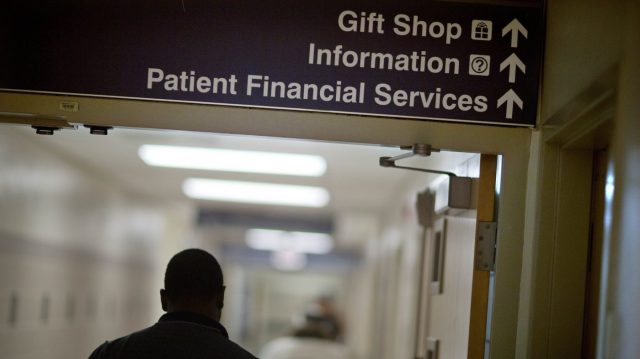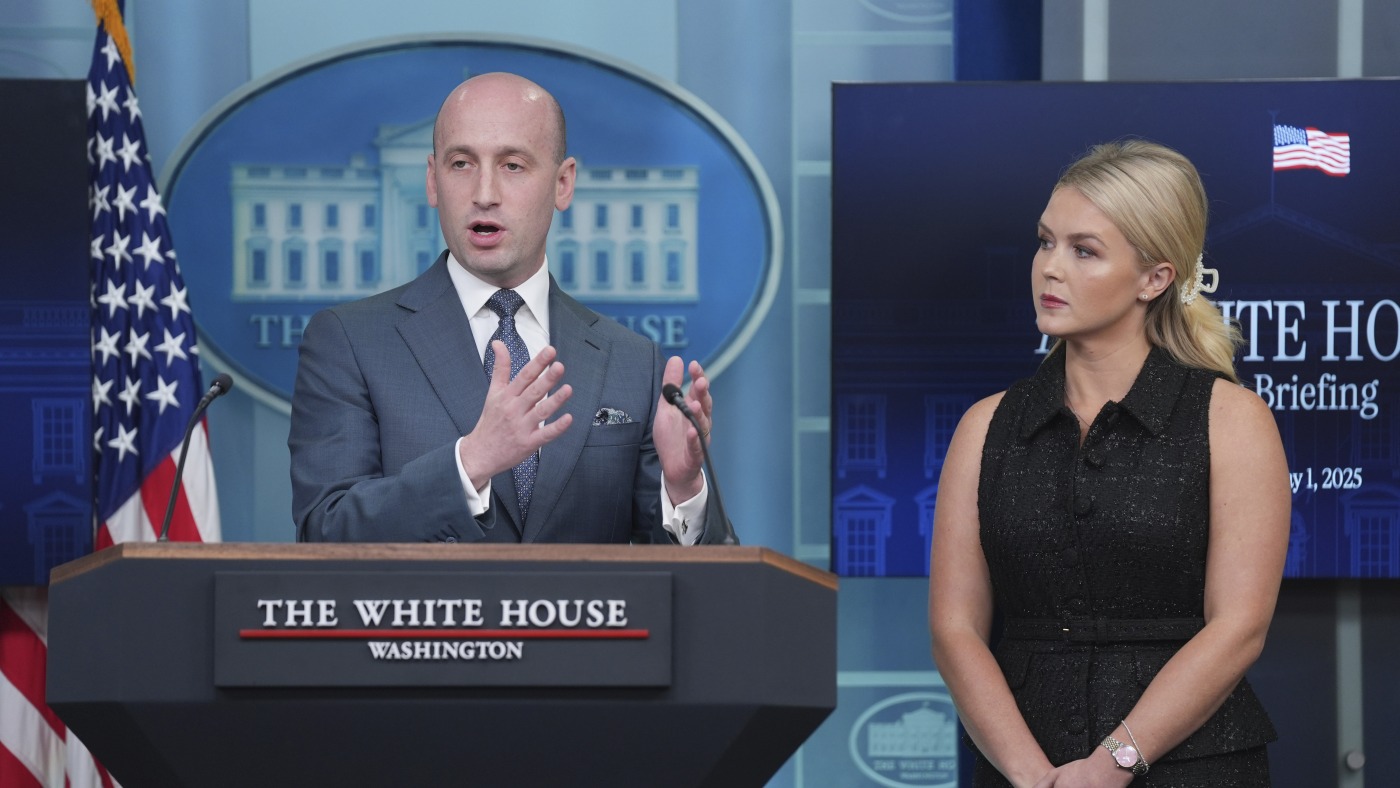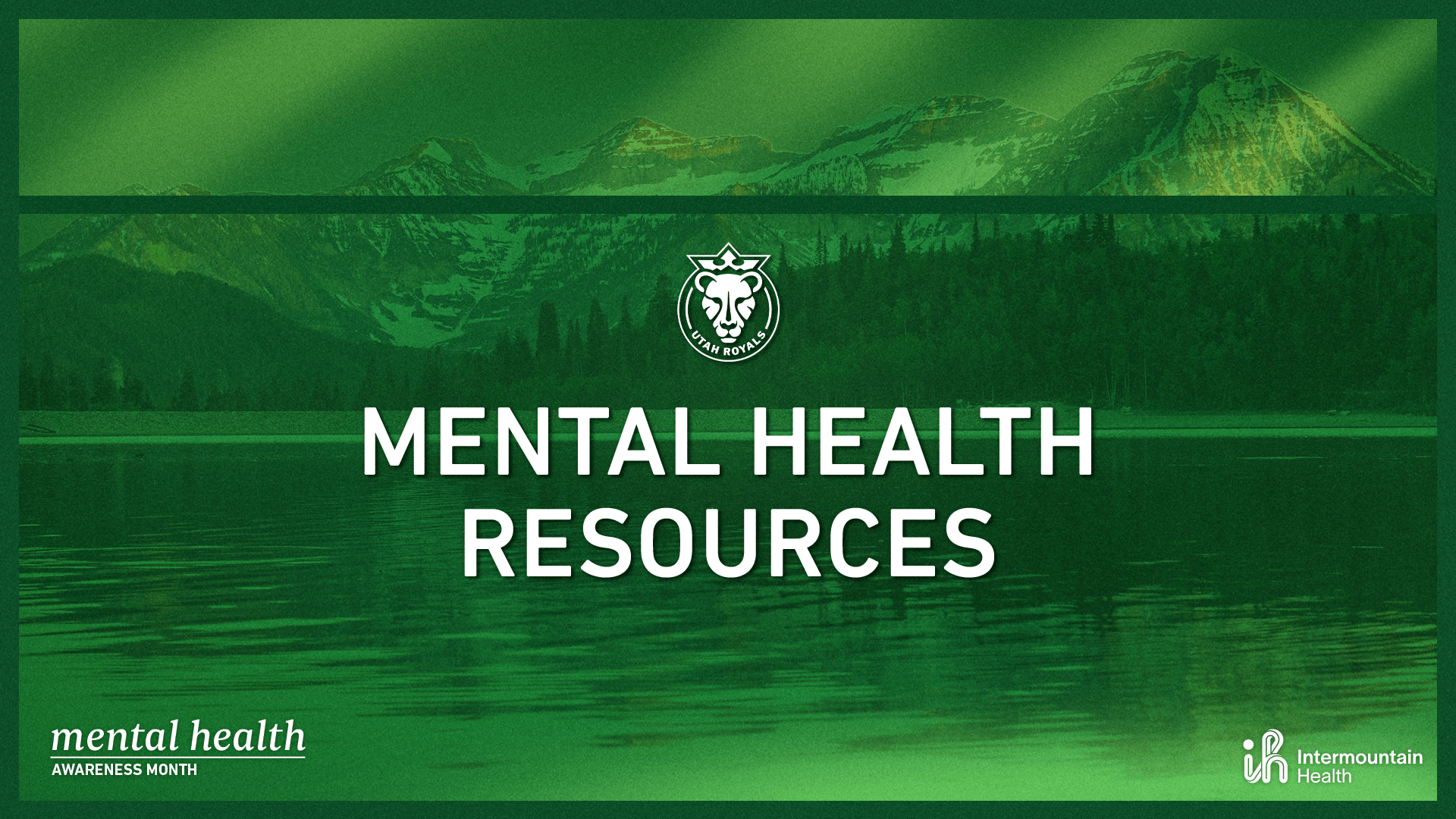Measles Alert: South Carolina Confirms Third Confirmed Case in 2024

South Carolina Faces Growing Measles Concern as Third Case Emerges
Health officials in South Carolina are on high alert after confirming a third measles case since July, raising concerns about potential community spread of the highly contagious viral disease. The South Carolina Department of Public Health is closely monitoring the situation and urging residents to stay informed about vaccination status.
Measles, known for its rapid transmission and potential serious complications, has prompted health authorities to take proactive measures to prevent further infections. The recent cluster of cases serves as a critical reminder of the importance of maintaining up-to-date immunization records and practicing preventive health strategies.
Residents are advised to consult with their healthcare providers to ensure they and their family members are adequately protected against this potentially serious illness. The department continues to investigate the source of these infections and is working diligently to contain any potential outbreak.








